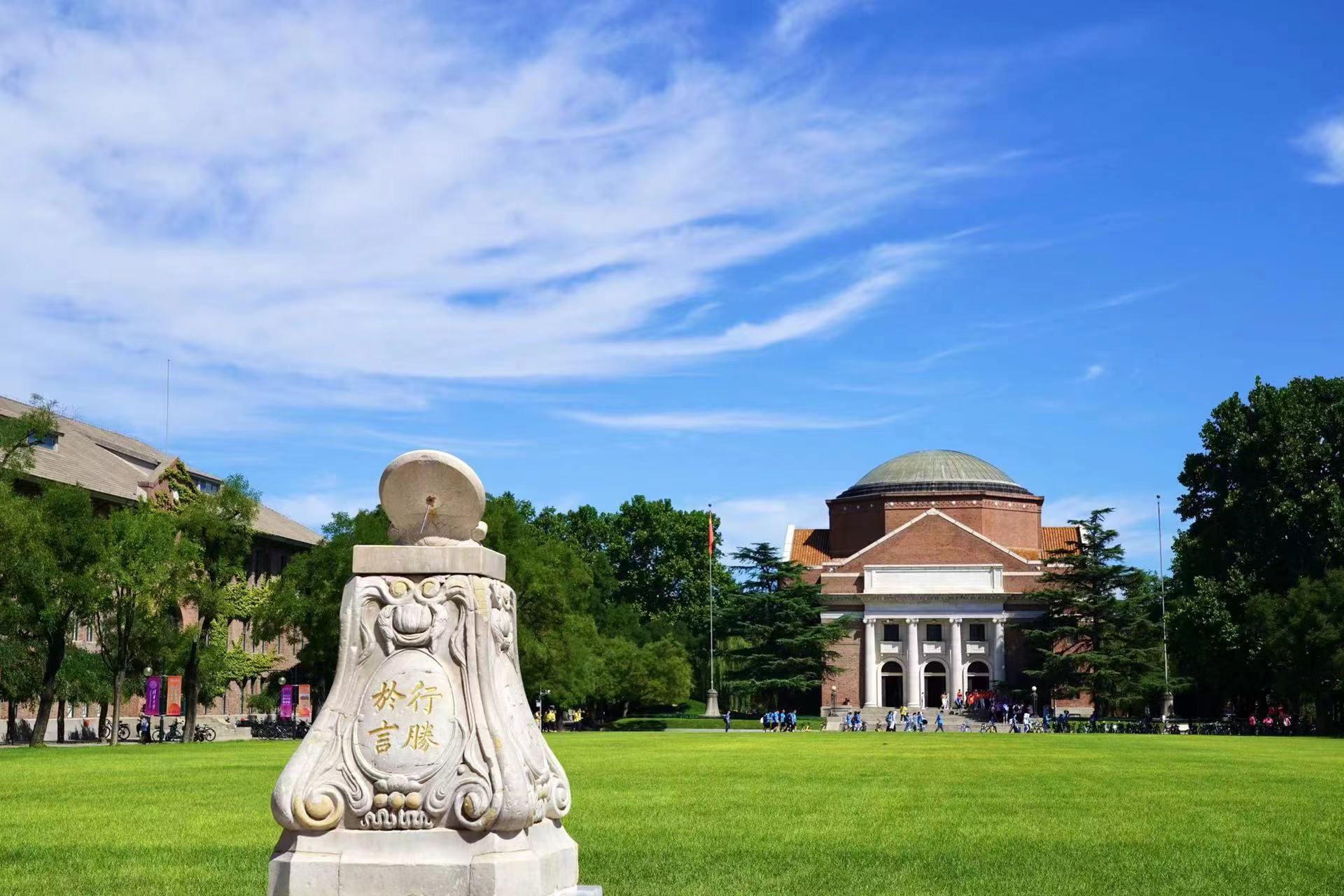On July 24, the Ministry of Education announced the list of projects for the 2022 National Teaching Achievement Award. Tsinghua University, as the only independently reporting unit, was honored with the grand prize in the National Teaching Achievement Award for higher education (undergraduate) for its teaching achievement in "Implementing the 'Three-Pronged Approach', Cultivating Mission-Driven and Excellence-Pursuing Innovative Talents”.

Tsinghua won a total of 26 awards in the National Teaching Achievement Award for higher education. These include one grand prize, three first prizes, and 15 second prizes at the undergraduate level, as well as two first prizes and five second prizes at the graduate level. Tsinghua also won two second prizes in basic and vocational education sectors.
The National Teaching Achievement Award is an award approved by the State Council, evaluated once every four years, representing the highest level of teaching work in China's higher education. It stands alongside the State Natural Science Award, the State Technological Invention Award, and the State Scientific and Technological Progress Award. In 2022, a total of 1,998 project achievements won the National Teaching Achievement Award for higher education, including seven grand prizes, 245 first prizes, and 1,746 second prizes.
In 2014, Tsinghua took the lead in initiating comprehensive reforms, with a series of innovative measures being introduced to address deep-rooted challenges hindering the university's development. The term "Three-pronged approach" first appeared at the 24th Educational Work Discussion Conference held at Tsinghua University, and was listed as one of the top ten news stories of Tsinghua University in 2014. Four years later, at the 25th Educational Work Discussion Conference, the "Three-pronged approach" talent cultivation model was formally established as an educational philosophy, becoming a rational understanding to guide the university's educational activities in the new era, and gaining widespread consensus among faculty and students.
As a new expression of the comprehensive development of educational philosophy in the new era, the meaning and significance of the "Three-pronged approach" continues to evolve with Tsinghua's innovative practices in education.
“The 'Three-pronged approach' led by the shaping of values, especially emphasizes the shaping of values in the process of cultivating skills and imparting knowledge," said Qiu Yong, secretary of the CPC Tsinghua University Committee.
"The shaping of values" is the first and fundamental task of education; "The cultivating of skills" aims to provide students with broader growth space and greater development; "The imparting of knowledge" aims to give students a solid foundation with a broad range of core professional skills and interdisciplinary knowledge structures. The implementation of the "Three-pronged approach" aims to cultivate Tsinghua students into truly mission-driven and excellence-pursuing innovative talents.
From the time the "Three-pronged approach" was first proposed at the 24th Educational Work Discussion Conference, to its elevation as an educational philosophy at the 25th conference, and the introduction of 37 specific action plans, up to the eventual launch of the "2030 High-Level Talent Cultivation Plan" after the 26th conference, the connotation and scope of the "Three-pronged approach" continues to develop and evolve.
Under the guidance of the "Three-pronged approach", a series of educational and teaching reform measures have yielded significant results, playing a leading role in promoting the innovation of higher education philosophies, practices, and models in China.
Editor: Li Han

